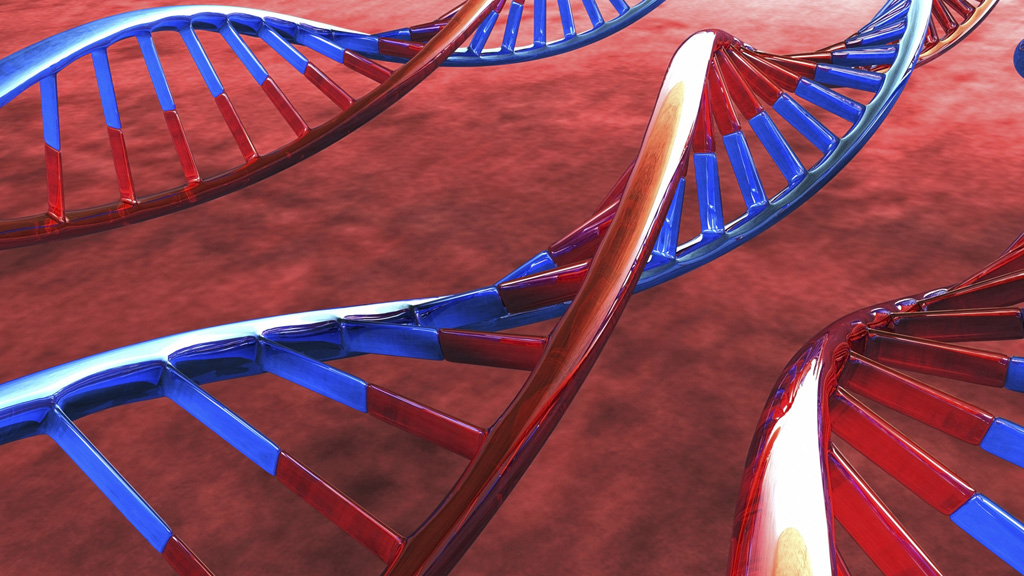Making waves: the other biggest scientific discoveries
As US scientists confirm they have new evidence of what happened just after the Big Bang as well as how it has shaped the universe since, what are the other game-changing scientific breakthroughs?

Will 4pm on Monday 17 March, 2014, be remembered as the moment the world changed forever? Well, probably not, but it is the day when a landmark discovery in physics – about as fundamental as it gets – was announced to the wider world.
It’s all about the Big Bang – or rather, getting closer to it and to understanding it than ever before. Cosmologists believe a US team has confirmed the existence of “primordial gravitational waves”, effectively echoes of the Big Bang nearly 14 billion years ago.
Not bad for a Monday afternoon in March.
If the evidence from the team at the Harvard-Smithsonian Center for Astrophysics stands up, it’s a landmark breakthrough: changing the face of astrophysics, proving the last untested prediction of Einstein’s general theory of relativity, and allowing scientists to glimpse back at the universe in its very first moments – as well as to explain its behaviour ever since, particularly the theory that it is constantly expanding. Plus it will almost certainly win the scientists themselves a Nobel prize.
So, not bad for a Monday afternoon in March then. And if the breakthrough is accepted by the wider scientific community, it will take its place in a long and distinguished list of scientific breakthroughs, discoveries and proofs which have changed the world and helped humanity to understand it. Here are some of the others.
Einstein’s theories of relativity
They are the foundation for much of modern science, and indeed inextricably linked with the latest discovery – Albert Einstein’s theories of relativity, special relativity and general relativity. Both fundamentally changed the world’s understanding of space and time, and allowed for new ways of thinking about the universe – including that it is expanding.
The theory of expansion, which physicist Alan Guth came up with later in the 21st century and described as “inflation”, is what could be proved by the existence of gravitational waves – opening up the concept that our own universe is only a small part of the wider cosmos, which could be filled with an endless number of other universes. Exciting stuff, eh?
The big bang itself
Also a follow on from Einstein’s theories, the concept of the Big Bang – the idea that the universe began with an explosion from a single point at a definitive moment in time – was the brainchild of a Belgian cosmologist and Catholic priest called Georges Lemaitre in the 1920s.
It rocked the scientific world at the time but is now accepted by nearly all astronomers.
Read more from Channel 4 News on science
It’s not all about us
Much earlier than these discoveries but as earth-shaking was a bombshell delivered by Polish astronomer Nicolas Copernicus from his deathbed in 1543, who propounded that the sun was the centre of the solar system, with the planets revolving around it. Before this, astronomers believed the earth was the centre of the universe.
A grave discovery
About a century after that, it was the turn of Isaac Newton to shake things up with his theory of gravity, explaining why things fall, why planets orbit around the sun, and what draws objects towards each other. He’s considered by many to be among the greatest scientists of all time.
It’s not all about physics, either
The list so far is pretty physics and space exploration heavy, in tribute to the team at the Harvard-Smithsonian whose eyes are firmly fixed on the skies. But there are plenty of other scientific big hitters in other fields who made their mark, not least Charles Darwin, the British naturalist whose theory of evolution in 1859 upset the apple cart rather.
His argument that species evolve, or change over time to allow them to survive in their environment, revolutionised our beliefs about how life on earth developed. In certain parts of the world, Darwin’s theory is still up for debate – but in most quarters “survival of the fittest” has taken hold.

Healthy curiosity
Some big moments in the world of biology and health deserve to be marked as well, including Alexander Fleming’s 1928 discovery of the first antibiotic, penicillin. These new drugs fundamentally changed how we treat disease, defeating infections which were previously deadly and extending life for people across the globe.
One of the biggest scientific discoveries in the world came about in 1953, when James Watson and Francis Crick found the DNA double-helix structure, massively expanding our understanding of human genetics. From what eye colour people have to how certain diseases work, it was a major breakthrough which saw them win a Nobel prize in 1962.
Special mention for the bath
And finally there’s a special mention for Archimedes and his bath. When the Greek mathematician and philosopher stepped into his bath and cried “Eureka!” (“I have found it!” in Greek) when he realised that the amount of water he displaced was a measure of his volume, he was effectively sealing his place as one of the first world-shaking scientists, more than 200 years BC.
What’s left?
It’s an impressive list of human endeavour. But it’s not all over. There’s plenty more to discover, and the breakthroughs are coming thick and fast in the modern world of science, from the latest discovery today to the Higgs boson last year, the so-called God particle which gives matter mass.
So what’s next? Many scientists believe the next scientific “OMG” moment could come from a breakthrough around dark matter, possibly even within the next decade. It’s the matter which makes up about 85 per cent of the universe, but at the moment we know hardly anything about it, other than its very sci-fi name. Watch this space…
